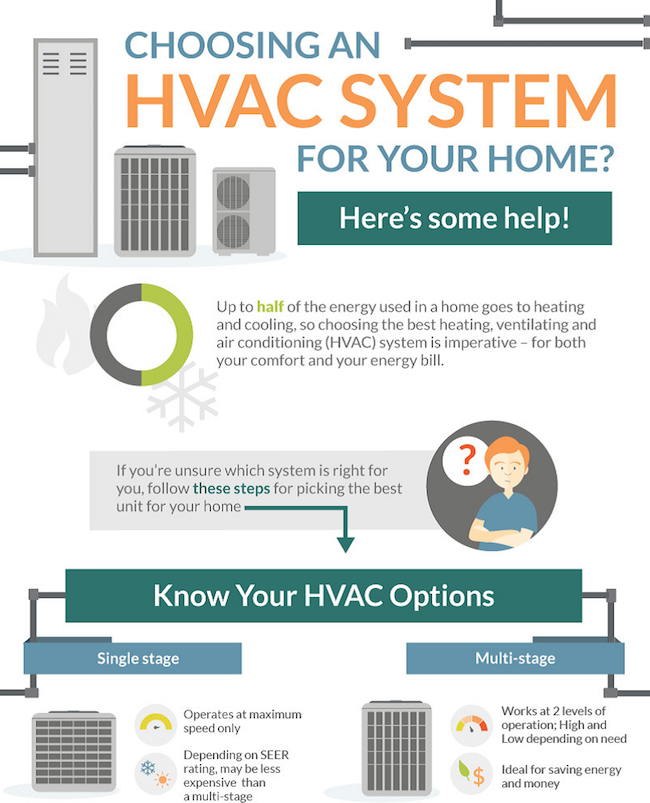Discovering The Environmental Advantages Of Heat Pumps - A Sustainable Heating Service
Discovering The Environmental Advantages Of Heat Pumps - A Sustainable Heating Service
Blog Article
Write-Up Created By-Long Strand
In a period where sustainability and energy effectiveness are paramount, lots of businesses look for environment-friendly heating options. One such remedy is the heat pump.
A heatpump draws out the warm in its surroundings and pumps it into your home, leading to one of the most effective eco-friendly main heating systems around. This procedure additionally produces no greenhouse gas emissions, making it a very sustainable modern technology.
Energy Performance
Heat pumps are extremely energy reliable and need little upkeep. They utilize less electrical energy than various other heater and are by far one of the most environmentally friendly. They function well with rooftop solar and can often pay for themselves in energy financial savings alone.
They can additionally give cooling, which is excellent for garage workshops, attic room hangouts and perk areas, and home enhancements without prolonging the existing ductwork. They can even be utilized for retrofits in existing homes with hydronic (water-based) distribution systems such as low temperature radiators or glowing floors.
Look for models with SEER and HSPF scores that fulfill or exceed copyright's minimum criteria, along with the standards in your area. Higher ratings imply greater effectiveness, which saves you money over time and minimizes your carbon impact. You may even get rebates and motivations! The very best units are those with a ground heat exchanger for added performance. These devices can take in thermal energy from the ground throughout the winter and remove it in the summertime.
Lowered Greenhouse Gas Emissions
Heatpump operate on electrical power and basically move warmth from the air, also when it's chilly outside. They have the ability to extract the free warmth entraped in air bits and relocate them inside, reducing moisture while doing so.
Contrasted to gas heaters, modern-day heat pumps make use of less than one kilowatt of electricity per kilowatt of heating power they create. This makes them the most energy reliable home heating option offered with a POLICE (Coefficient of Performance) of 4 or more. By reducing the demand for fossil fuels, heat pumps help in reducing greenhouse gas discharges and reduce other significant air contaminants.
Structure decarbonization is a global essential, and the heating and cooling sector is a crucial vehicle driver of that procedure. Whether it's investor making net zero commitments, policy manufacturers establishing emissions limits, or lessees demanding greener areas, electric heatpump are being acknowledged as a vital option. They are a cost-effective method to decrease carbon emissions by getting rid of the requirement for fossil fuels in buildings.
Flexibility
Heat pumps can be made use of in lots of sorts of homes and structures-- with or without air ducts. They work with hot-water radiators, air-conditioning and programmable thermostats. simply click the up coming site can replace furnaces or be set up in brand-new residences. They can run on photovoltaic panels, geothermal systems and even area heating sources like wastewater.
They're wonderful at providing more warmth per power system. For instance, an air-source heat pump produces up to 3 or even more home heating devices from each electrical power system it eats.
Getting one of the most from your heatpump will certainly rely on your environment area and top quality of insulation. Look for versions with ENERGY celebrity scores and contrast their SEER or HSPF specifications. In warmer climates, concentrate on SEER; in cooler areas, consider a system with a higher HSPF score. Furthermore, invest in air sealing and insulation to minimize the tons on your heatpump. just click the up coming site will certainly improve energy efficiency and assist you reach your Net Absolutely no objectives much faster.
Biomass Boilers
Biomass boilers utilize wood pellets, chips or logs to develop heat and warm water. They are a good choice for off-grid buildings or those who intend to get off the gas grid.
As a standalone heating unit, biomass can supply enough energy to keep your home cozy throughout the year without the regular heat drop off of other renewable modern technologies. They can likewise be used in conjunction with photovoltaic panels to increase financial savings and benefit from RHI payments.
A downside of these systems is the upfront expense and normal gas shipments. Often, pellets will need to be blown into a fuel store utilizing a vacuum cleaner system or they can be by hand fed right into the boiler via a receptacle. Logs are usually self-sourced from neighboring woodland or acquired in bulk. In addition to this, they call for manual loading and might need cleansing regularly.